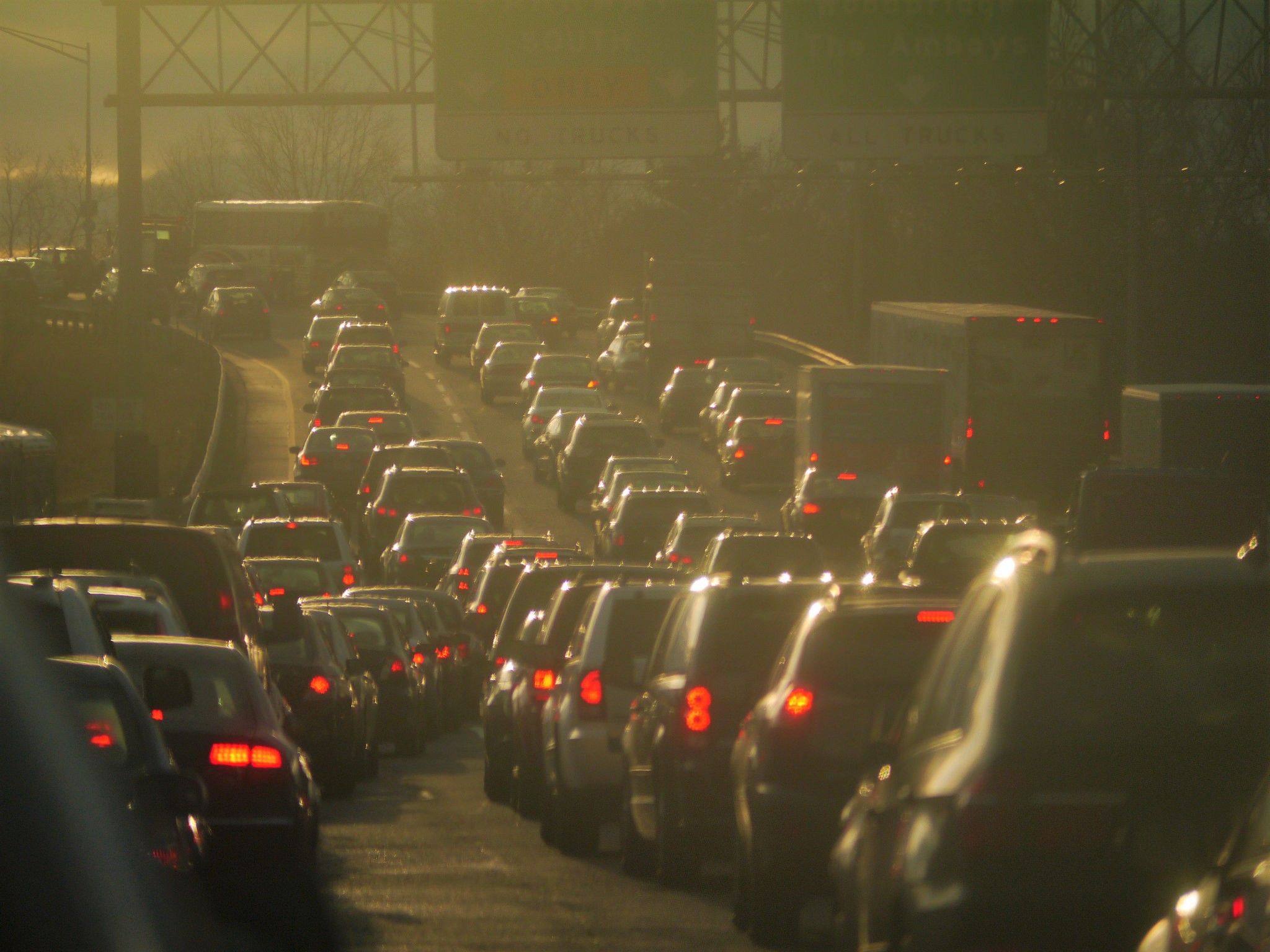Why the future of transport is electric
By Alstom
With huge pressure from pollution, cities are looking to more sustainable public transport.

86% of the total energy consumed in transport is still driven by fossil fuels, says Bharat Salhotra, Asia Pacific Vice President at Alstom. The company is the global leader in rail transport, which has contributed to reducing greenhouse gas emissions in the transport sector thanks to electric-powered engines and electrification of railway lines. The same cannot be said about road transport, which dominates the carbon emissions from this sector.
Electric buses could be the answer. “One thing that is very clear is that almost all the cities should very actively look at electric buses as the next big wave,” he says. GovInsider caught up with Salhotra to find out how some cities are already taking the lead.
Cities going electric
India is an inspiring example of the commitment governments should put behind electric buses. “India has a full-fledged programme for replacing fossil fuel driven buses with electric ones by 2030,” Salhotra says. Electric vehicles overall will save one gigatonne of carbon emissions by 2030 and about US$60 billion in annual fuel costs in 2030, according to the government’s policy think tank.
Ministries across the Indian Government are working to fund and encourage cities to buy electric buses. Those buying fully electric buses can now get up to 60% of the cost subsidised, or up to US$131,203. Delhi says it plans to buy 500 electric buses to start with.
Shenzhen city in China is set to becoming the first in the world with all-electric public bus transport at the end of the year. There are already over 14,000 electric buses on its roads, and the few hundred remaining diesel ones will be put out of commission by the end of the year.
Meanwhile, Malaysia’s capital Kuala Lumpur has been running an all-electric Bus Rapid Transit (BRT) system for the last two years, and has 10 more routes in the pipeline. This year, its administrative capital Putrajaya also started testing electric buses.
Costs going down
The Mayor of Paris, along with 11 other major cities across the world, committed in October to buy “only zero-emission buses from 2025”. The city’s public transport operator, RATP, is working with Alstom to build and trial a bus that is 100% electric.
The bus, Aptis, is being designed to address the biggest challenges cities face with public buses today: it will cut carbon emissions; reduce noise pollution; improve accessibility; take up less space to turn and park; and can be charged to full capacity within five minutes. Alstom’s vision for Aptis is driven by a “fundamental belief” that “there is going to be more and more pressure on cities’ resources” with urbanisation and globalisation, Salhotra says.
What cities should do
Cities need to first move people away from private transport towards shared ones. “If we are unable to wean people away from personal transport to public transport, we will get into a literal urban gridlock,” Salhotra warns.
Governments must drive behavioural change by making trains and buses as easy to use as cars and motorbikes. This can be done by improving connectivity across different modes, like trains and buses, he says. “Last-mile connectivity” from bus stops and train stations to homes, offices and shops will also be crucial. “We have to provide the comparable level of accessibility and convenience. It we don’t do that, lifestyles will not change”, he says.
For example, India now requires cities to have a plan to integrate across transport modes to get central government funding. “If they don’t have that plan in place and it doesn’t talk about integrated transport, the central government is not willing to give any support,” he adds.
With the pace of interest in electric buses picking up, cities should also start looking at new infrastructure needed to support these. “To make sure that cities are geared up for the next few decades, they need to move towards setting up infrastructure for charging,” Salhotra explains. Over the next few years, there will be a “strong push” to establish “uniform, universal standards for charging buses”, he believes.
Given the state of the world, most people agree there is little choice but to cut down on fossil fuels. Salhotra is optimistic that there will be a “steady evolution” away from private transport - and electric buses will be the “next big leap”.